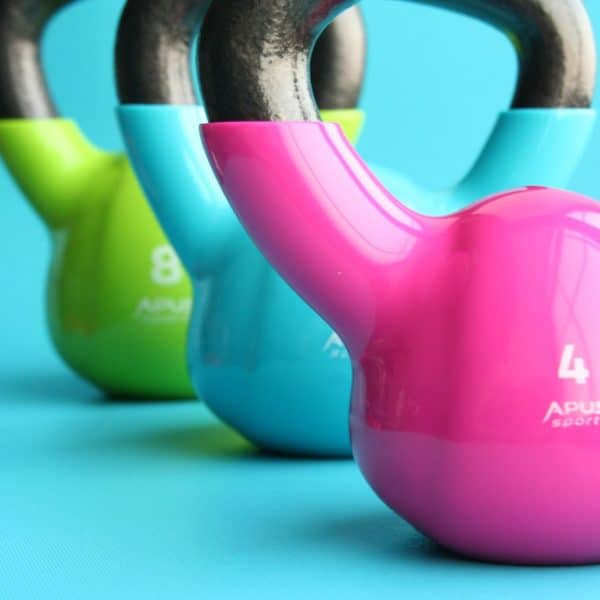Your internal clock, or better known as your circadian rhythm, is the timekeeping system your body has to regulate your daily cycles. This internal clock regulates the body’s natural circadian rhythm, including your cycles of sleep, hunger and digestion, hormonal activity, and other bodily processes. Here is a quick dive into all the buzz about your circadian rhythm and how you can support your body’s internal clock.
What is the circadian rhythm?
When someone refers to their circadian rhythm, they are referring to a cluster of neurons in the brain called the suprachiasmatic nucleus (SCN). This cluster of about 20,000 neurons is located in the hypothalamus. Our circadian rhythm is guided by environmental cues such as light exposure, meal times, and even interacting with other people. When we encounter these environmental cues (such as light to our eyes), the SCN is activated, which tells our brain, “hey, it’s time to wake up and start the day!” Our SCN then releases several hormones, including cortisol, a hormone that helps our bodies to wake up and get ready for the day.
After waking up and starting our day, our bodies will naturally begin to become more tired as the sun goes down. When the sun sets, the pineal gland will release melatonin, a hormone that reduces wakefulness and alertness. This will help our bodies to begin the process of going to sleep. Unsurprising then that light is considered to be one of the most important signals for the circadian rhythm. Our eyes can even still perceive light even when closed. The blue light that comes off our phones, TVs, and tablets also affects our circadian rhythm, potentially causing us to stay up later than we typically would.
In parallel, our hunger and digestion are also affected by our circadian rhythm. When cortisol is released when you wake up in the morning, this hormone affects your thyroid hormone, priming your body’s metabolism to use food as energy throughout the day. Similarly, when cortisol dips later in the day and melatonin is released, our bodies begin to slow down, which in turn also signals our body for rest.
During daylight hours, when our bodies are awake, our hunger and digestion is turned on. Keep in mind, this is how your circadian rhythm works with normal cortisol levels and digestion/sleep cycles. If your cortisol levels get too high – like in times of chronic stress (hello 2020!) – it can actually cause your body to increase storage of body fat. The good news is that your circadian rhythm can be reset with simple lifestyle changes like these.
How can I change my circadian rhythm?
Here are 4 tips to help support a balanced circadian rhythm:
Focus on getting natural light exposure
Especially in the mornings, it’s important for your body to be exposed to natural light vs. jumping straight onto a computer screen or your phone. Once the evening begins to set in, start dimming the lights in your home and make sure your bedroom is completely dark when you sleep.
Practice good sleep hygiene habits
Having a regular sleep schedule is one of the best ways to regulate your body’s circadian rhythm. This includes things like:
- Keep a consistent schedule for going to sleep and waking up. Try to only vary this by an hour or so, even on the weekends.
- Limit caffeine consumption, especially in the afternoon, as that will increase your cortisol, keeping you awake later in the night.
- Make sure your room is kept dark, quiet, and electronic-free when you are sleeping.
- If you are struggling with falling asleep, try a sleep-promoting supplement like melatonin or magnesium.
Eat at set times
Regardless if you follow a particular dietary lifestyle or fasting schedule, it’s essential to be consistent about your meal times and schedule time to eat your meal. Instead of eating a meal through your next zoom call or multitasking through lunch, take the time to focus solely on eating and try to eat outside to get more natural light in your day. Your last meal of the day is best eaten at least 2-3 hours before you are set to go to bed.
Manage your stress
Your circadian rhythm is directly connected to the body’s stress response. Higher levels of stress can offset your hormones and melatonin levels, which will lead to a dysfunctional internal clock. Taking the time to exercise daily, taking breaks throughout the day, regularly drinking water and feeding your body, and other meditative practices can help manage your stress levels. One way I manage my own stress is starting my day off with a 15-minute meditation on Calm, Headspace, or other free apps. It’s a great way to start the day off with a clear head and feel ready to tackle the day.





Leave a Reply
No Comments